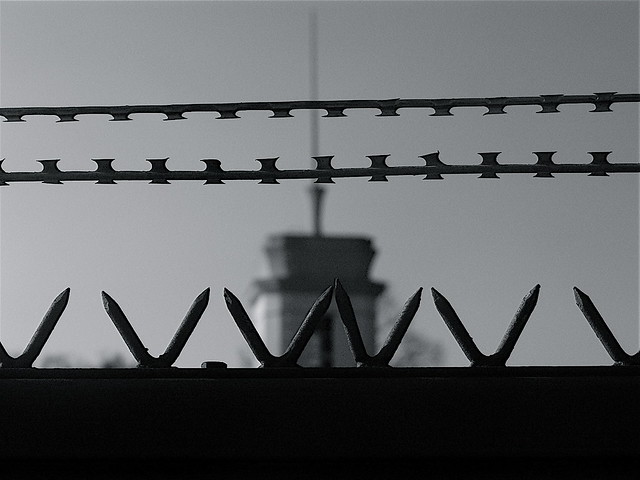OPINION: Ban free prison labor

Every year, roughly 3,500 prisoners in Florida are made to work for minimal or no pay, as stated in a 2019 article by Freedom United.
Forcing prisoners to work without adequate pay is unethical. It’s past time for the state to start paying those who are incarcerated for the work they do.
This work includes more than just jobs within the prison. Many large companies, governmental departments and even universities outsource some of their labor from prisons, according to the same article.
In 2020, various Florida government agencies paid the Department of Corrections $2 per prisoner per hour for their labor, as stated in an article on Prison Legal News. The prisoners, who did jobs involving sewage treatment, grounds maintenance and moving services, didn’t see any of this money.
Florida prisoners get paid 55 cents per hour at most. Some aren’t even paid at all, according to a 2017 article by Prison Policy Initiative.
If they are not paid for this work, prisoners often have no other way to earn money. While the prison provides inmates with necessities, such as meals and basic toiletries, they are responsible for purchasing any extra items with their own money, as stated in a 2019 article by The Marshall Project.
Kae Boone and her boyfriend Charles Lee Isaac share how this has affected them in this same article. Boone sends Isaac, who is incarcerated in the Graceville Work Camp in Graceville, Florida, $100 per month. The majority of this money goes toward toiletries and food.
The snacks, toiletries and other necessities that Isaac and other inmates may need are typically grossly overpriced. This is due to prisons outsourcing more and more of their products to private vendors. Prisons only go through a select few vendors, giving the producers the ability to charge service fees and markups.
If inmates are responsible for purchasing these items while in prison, they also deserve an opportunity to earn money.
Fortunately, there are places in Florida that are starting to realize how unethical this practice really is. One such place is UF, which had previously used more prison labor than any other college in the state. From 2016 to 2020, the university logged over 156,000 hours of work done by prisoners, as stated in a 2020 article by Prison Legal News.
In 2020, UF President Kent Fuchs released a statement saying the university will not renew its contract with the Florida Department of Corrections for use of prison labor.
“The symbolism of inmate labor is incompatible with our university and its principles and therefore this practice will end,” Fuchs said.
Everyone, including those who are incarcerated, deserves to be paid a fair wage for their work. Forcing them to work for free is exploitative and unacceptable.







